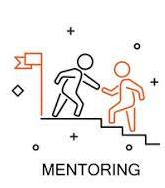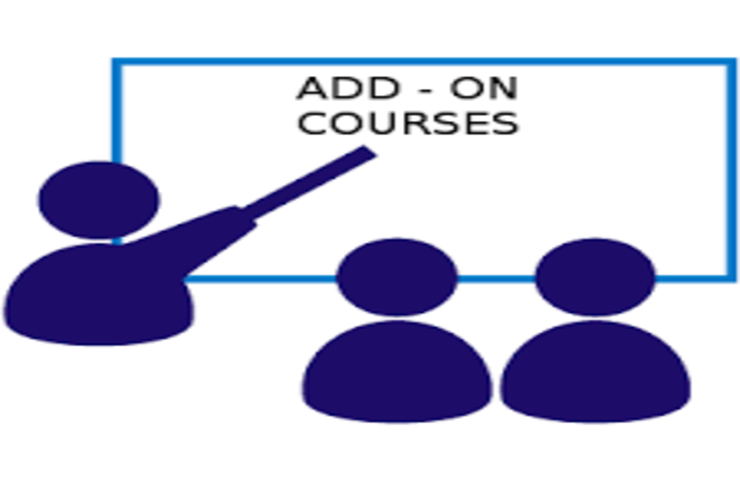Department Virtual Tour
The Electronics & Communication Engineering Department was started in the year 2004 and now conducts one undergraduate program (BE) with an intake of 120, one postgraduate program (M.Tech.) in Industrial Electronics with an intake of 18. ECE department is also a VTU recognised research centre where in several candidates are presently involved in active research. A total of 19 experienced faculty members support core specializations like Communication systems, VLSI Design and Embedded Systems, and Signal Processing.
UG & PG students are encouraged to take up interdisciplinary project works in various domains and students are placed in reputed companies namely [Infosys, Wipro, Sankalp semiconductors, Cadence etc].
The department has MOU with various leading industries viz [BSNL, KPTCL, WCT, DASSAULT SYSTEMES etc]
Academics at UG and PG level is sustained with a staff to student ratio as per the NBA guidelines. The curriculum includes mini & major projects to develop the students’ independent analytical abilities.
To support research across the specializations, ECE department is equipped with several hardware and software tools.
Apart from academic research in the core areas, ECE dept. has also established advanced robotics lab in association with IIT Bombay under e-Yantra program. This initiative has facilitated several students to take up their mini/major projects and internship in the field of robotics.
The department also conducts various technical & non-technical events through the ECO platform, which is one of the best platform for students to explore their talents.
Electronics and Communication Engineering
Upcoming Events
Our Vision
To bring out talented, skilled, and sustainable Electronics and Communication Engineering Graduates through strong domain expertise to serve the Society with greater Professional Ethics
Our Mission
To create and impart an active learning ambience to accomplish a high degree of Professional competencies.
To inculcate innovative research and developmental thinking in effective Teaching and Learning processes for solving Societal challenges.
To deliver the needs and requirements of the latest state of art of the Industry through quality multidisciplinary internship and training programs.
Programme Educational Outcomes
PEO1 : To be successful in professional career in electronics, communication and allied industries by acquiring the knowledge in the fundamentals of Electronics and Communication Engineering principles and professional skills.
PEO 2 : To be in a position to analyze real life problems and design socially accepted and economically feasible solutions in the respective fields.
PEO 3: To exhibit good communication skills in their professional career, lead a team with good leadership traits and good interpersonal relationship with the members related to other engineering streams.
PEO 4 : To involve themselves in lifelong learning and professional development by pursuing higher education and participation in research and development activities.
PEO 5: To demonstrate professional and ethical responsibilities towards their profession, society and the environment.
Program Specific Outcomes
PSO 1: An ability to use appropriate modern techniques for analysis, design and development of VLSI and Embedded Systems.
PSO 2: Understand the architectural specifications of a communication system and determine their performance.
Programme Outcomes
- Engineering knowledge: Apply the knowledge of mathematics, science, engineering fundamentals, and an engineering specialization to the solution of complex engineering problems.
- Problem analysis: Identity, formulate, review research literature, and analyze complex engineering problems reaching substantiated conclusions using the first principles of mathematics, natural sciences, and engineering sciences.
- Design/development of solutions: Design solutions for complex engineering problems and design system components or processes that meet the specified needs with appropriate consideration for public health and safety and cultural, societal, and environmental considerations.
- Conduct investigations of complex problems: Use research-based knowledge and research methods including design of experiments, analysis, interpretation of data, and synthesis of the information to provide valid conclusions.
- Modern tool usage: Create, select, and apply appropriate techniques, resources, and modern engineering and IT tools including prediction and modeling to complex engineering achieves with an understanding of the limitations.
- The engineer and society: Apply to reason informed by the contextual knowledge to assess societal, health, safety, legal and cultural issues and the consequent responsibilities relevant to the professional engineering practice.
- Environment and sustainability: Understand the impact of professional engineering solutions in societal and environmental contexts and demonstrate the knowledge of and need for sustainable development.
- Ethics: Apply ethical principles and commit to professional ethics and responsibilities and norms of the engineering practice.
- Individual and team work: Function effectively as an individual and as a member or leader in diverse teams and in multidisciplinary settings.
- Communication: Communicate effectively on complex engineering activities with the engineering community and with society at large, such as being able to comprehend and write effective reports and design documentation, make effective presentations and give and receive clear instructions.
- Project management and finance: Demonstrate knowledge and understanding of the engineering and management principles and apply these to one’s own work, as a member and leader in a team, to manage projects and in multidisciplinary environments.
- Life-long learning: Recognize the need for, and have the preparation and ability to engage in independent and life-long learning in the broadest context of technological change.
CO PO Statements
Department Calendar
Calendar

Time Table
Time Table

Internal Assessment
Internal Assessment







